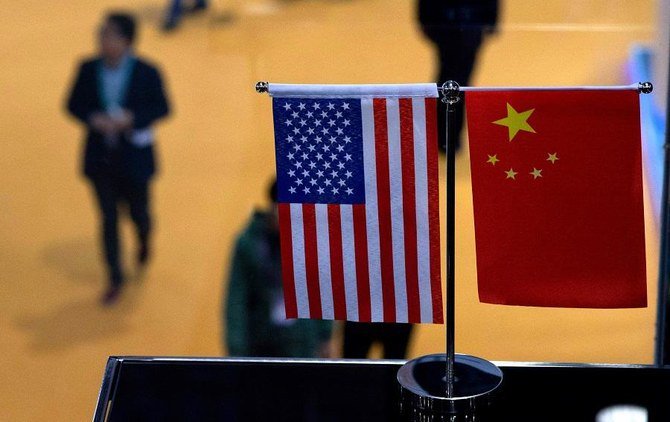Ali Bigdeli told the Strategic Council on Foreign Relations that the Chinese have not yet lost the US lucrative market for their goods and would therefore not allow tensions with the US government to escalate to a degree which could endanger such commercial relations.
Referring to the intensification of tensions between China and the United States, Bigdeli said ‘it does not appear that differences between China and the United States have reached its peak as the Chinese would not allow tensions damage its trade relations.’
He said China and the United States registered about 750 billion dollars in bilateral trade relations at its peak, adding that Chinese owned more than half of the trade balance with the United States.
‘Of this amount, between 400 to 500 billion dollars was in favour of Chinese export to the US. Of course, some has reduced during the past four years when Trump came into power. However, the US is unable to continue its commercial life without China and China cannot deprive itself of the huge profits of the American market for its goods. As we see, in spite of these differences, China has stepped up its imports from the US.’
Bigdeli pointed to the escalation of the trade war between the US and China despite the conditions created as the result of US elections and China’s retaliatory move in the framework of law to reciprocate US measures, saying differences between the two countries have heightened due to self-centred mutually-exclusive thinking and isolationism of the Republican Party against any international law, institute and consensus.
Referring to the significance of China in the debates and competitions between the two major candidates in the US elections, he said Joe Biden attacked Trump policies towards China and blamed him for such misgiving as the market of China if very profitable for American goods and US companies should not lose such a market in this way.
He said the US policy of confrontation with China, as we see it today, is being pursued only by the Republicans and it is highly unlikely the US wants severance of relations and communications with China even though there is already chaos in relations between the two powers.
Bigdeli highlighted the estimation of the International Monetary Fund on China’s economic growth by 2020 and said the intensification of tensions can be blamed on the US concern of China’s economic growth and its economic future.
‘Rivalry between China and the United States is an effort aimed at attracting more markets. Even though China is less likely to replace US climate and natural advantages and has failed so far to take over US dollar despite making a great deal of efforts, Americans consider China as their number one enemy.’
He said China is trying hard in political and economic fronts to gain more power and influence over the US and changing some of its strategic policies in its rivalry with the US, adding that China, in addition to playing a more active political role, has succeeded in recent years to enter markets in the Middle East and the Persian Gulf sheikhdoms.
Referring to regular US arms sells to Taiwan and pressure on China over the issue of Uighurs, he said the rivalry between China and the US would never result in a military confrontation in spite of the escalation of tension between them because it is not in the US interest and China is not in a position to engage itself in a military confrontation while being at the threshold of economic growth.
‘For a country which is on the edge of becoming the world’s number one economy, it is irrational to engage in war and conflict.’
He said the probable victory of Joe Biden in the US elections would be in the interest of China and defuse tensions, adding that ‘if Republicans win, Trump would not seek war with China and would take any action which would ruin the foundation of relations with China.’
Bigdeli said China would be disadvantaged if Trump is re-elected because Republicans seek anti-leftist tendencies, adding that differences may growth with China if Trump wins the elections while Biden, as a Democrat, would defuse tensions.
‘Notwithstanding, both China and the US would manage their relations in a way tensions are controllable.’










0 Comments